Mayan Kin and Calendar Explorer - Mayan Kin Discovery
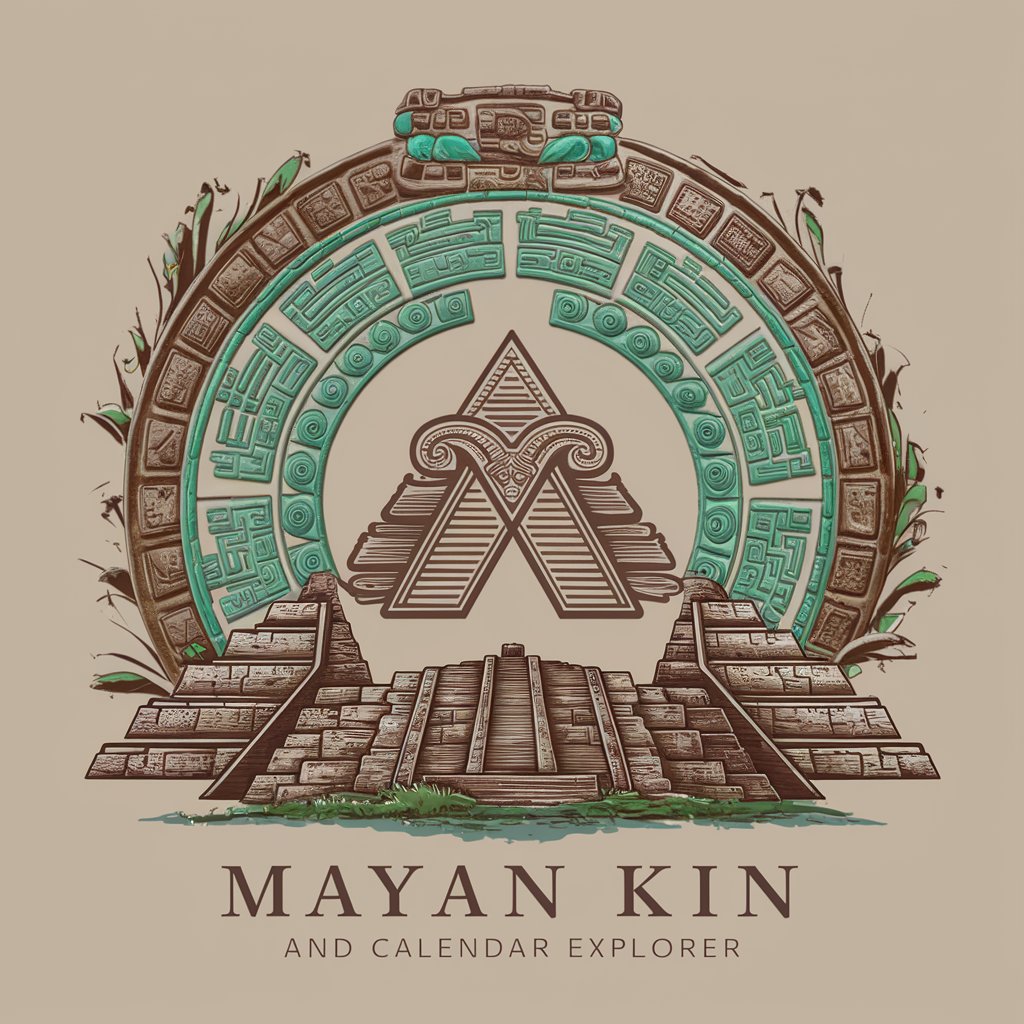
Welcome! Discover the rich heritage of Mayan calendars with us.
Unlock ancient Mayan wisdom with AI
Explain the significance of the Tzolkin calendar in Mayan culture.
What are the main differences between the Haab and the Long Count calendars?
Describe the cultural and historical context of the Mayan calendar system.
How do the different Mayan calendars interrelate in terms of timekeeping?
Get Embed Code
Overview of Mayan Kin and Calendar Explorer
The Mayan Kin and Calendar Explorer is designed to delve into the rich heritage of the Mayan calendar systems, providing users with detailed insights into their personal Mayan Kin or 'Galactic Signature', along with information on other Mayan calendars such as the Haab, the Long Count, and the Calendar Round. It is uniquely tailored to enrich the user's understanding of Mayan culture, history, and symbolism. Through its functions, users can identify their Mayan Kin based on their birth date, explore the intricacies of Mayan calendrical systems, and understand the cultural and spiritual significance attached to these calendars. For example, if someone was born on March 5th, 1990, the Explorer could reveal their Mayan Kin, explaining its symbolism and how it fits into the broader Mayan cosmology, while also detailing the corresponding Haab and Long Count dates. Powered by ChatGPT-4o。

Core Functions of Mayan Kin and Calendar Explorer
Mayan Kin Identification
Example
Determining the Mayan Kin for a person born on April 23, 1985, which might be Blue Spectral Hand (Manik), symbolizing liberation and healing.
Scenario
A user inputs their birth date to discover their Mayan Kin and its significance, fostering a deeper connection with Mayan cultural heritage.
Exploration of Mayan Calendars
Example
Providing detailed explanations of the Haab calendar's 18 months of 20 days plus the Wayeb' period, or the Long Count's b'ak'tun cycles.
Scenario
A history enthusiast uses the Explorer to understand the structure and function of different Mayan calendars, enriching their knowledge of ancient Mesoamerican timekeeping.
Cultural and Spiritual Insights
Example
Explaining the role of the Calendar Round in Mayan society, including its use in agriculture, rituals, and prophecy.
Scenario
An educator uses the Explorer to prepare a lesson on the spiritual and cultural significance of Mayan calendars, providing students with a comprehensive view of Mayan cosmology.
Target User Groups for Mayan Kin and Calendar Explorer
Cultural Enthusiasts
Individuals fascinated by Mayan history and spirituality who seek to understand their personal connection to Mayan cosmology through their Mayan Kin and the broader implications of Mayan calendrical systems.
Educators and Students
Teachers and learners looking for an educational tool to explore the complexities of the Mayan calendar, its cultural significance, and its application in historical and modern contexts.
Spiritual Seekers
Those on a spiritual journey who wish to explore ancient wisdom and practices, finding personal growth and insights through the symbolism and teachings of the Mayan calendar.

How to Use Mayan Kin and Calendar Explorer
1
Visit yeschat.ai for a complimentary trial, no signup or ChatGPT Plus required.
2
Input your birth date or any significant date to discover your Mayan Kin and its significance within the Tzolkin calendar.
3
Explore additional Mayan calendars (Haab, Long Count, Calendar Round) for comprehensive insights into Mayan timekeeping and cultural significance.
4
Use the information provided to delve deeper into Mayan cosmology, history, and symbolism for personal, academic, or cultural research.
5
Leverage the tool's insights for creative projects, educational content creation, or enhancing your understanding of Mayan cultural heritage.
Try other advanced and practical GPTs
AppBO Helper
Empowering CRM with AI

Oil
Powering Insights with AI-Driven Oil Intelligence

English Reading Buddy
Elevate Your Reading Skills with AI

Business Simulator
Navigate Business Challenges with AI
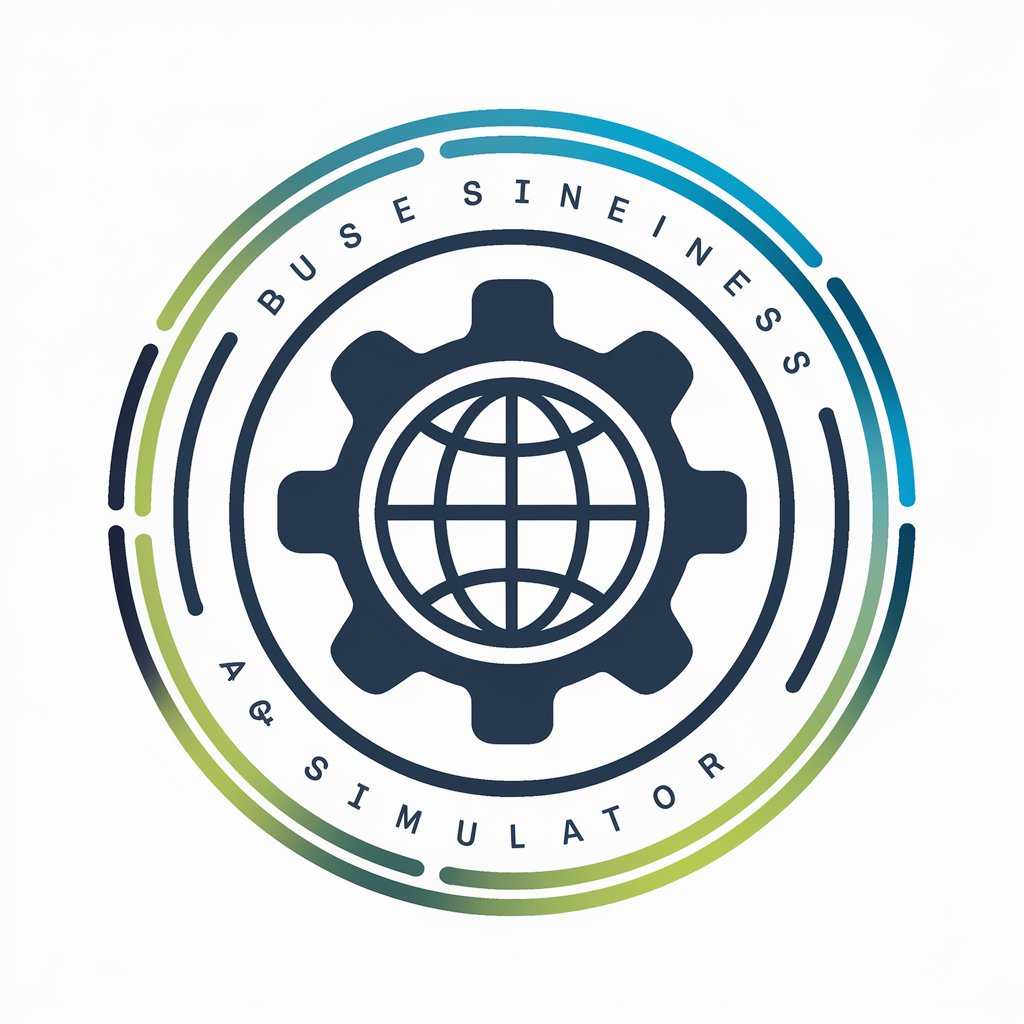
Glass Repair
Empowering Glass Repair with AI

KingdomGPT
Where Divine Wisdom Meets AI
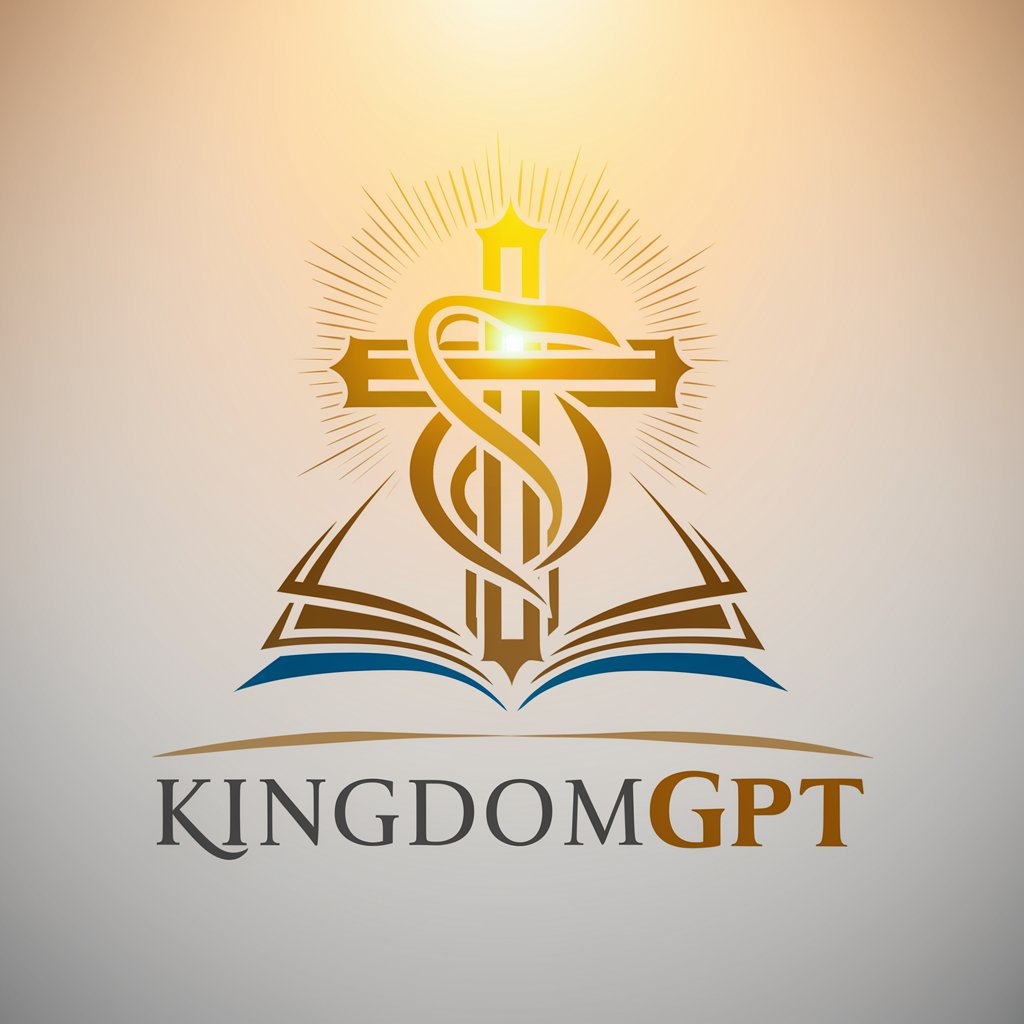
Python Buddy
Empowering Your Python Journey with AI
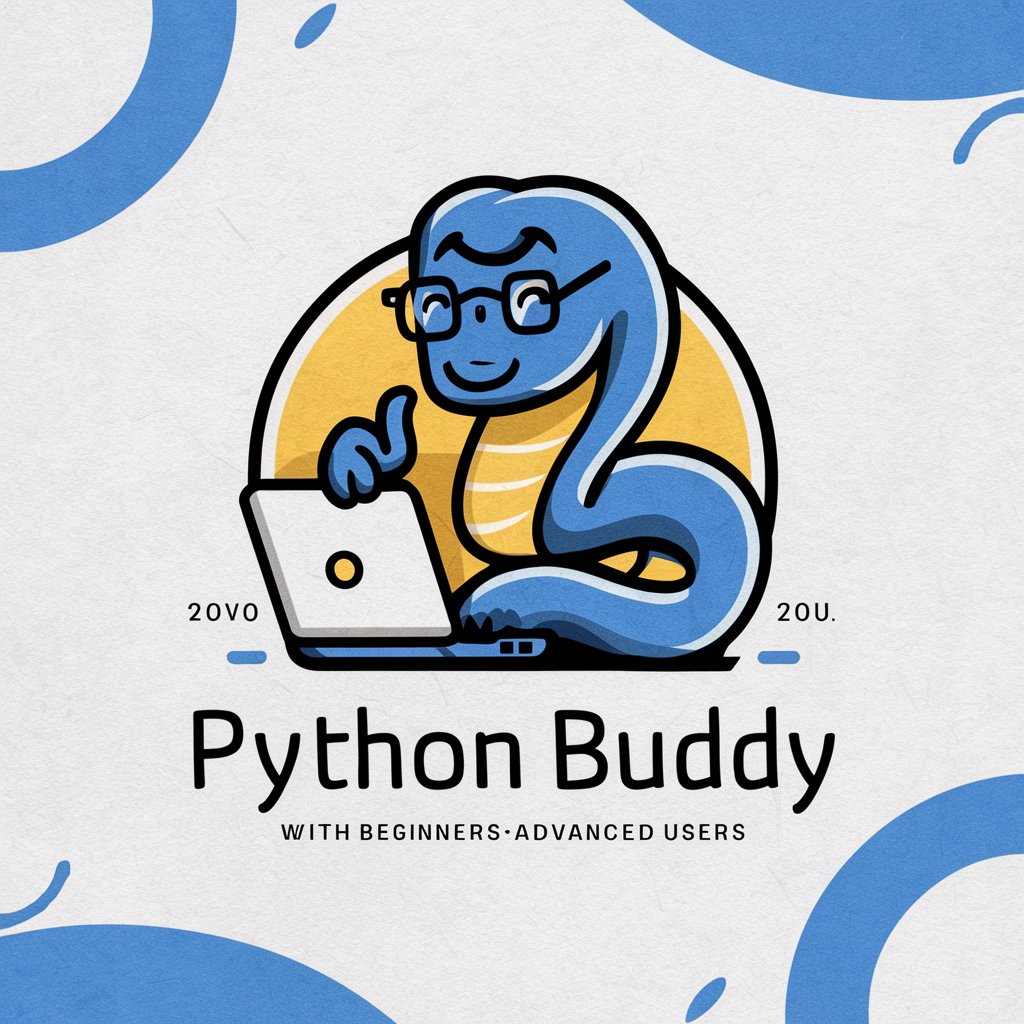
캘리초이스 건강 대화창
AI-powered Health Supplement Advisor

室内设计师
Revolutionizing Design with AI Creativity
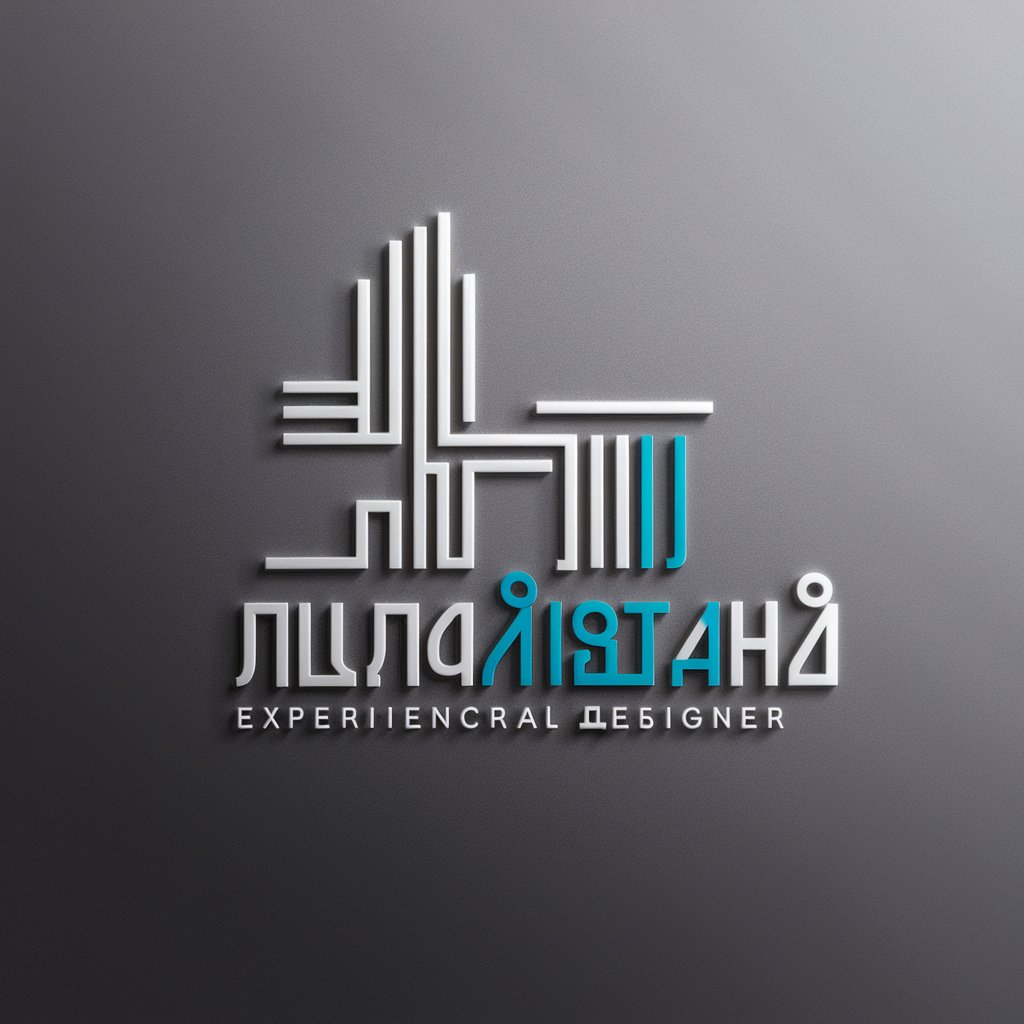
MASCOZ Helper
Empowering VTubers with AI-driven insights
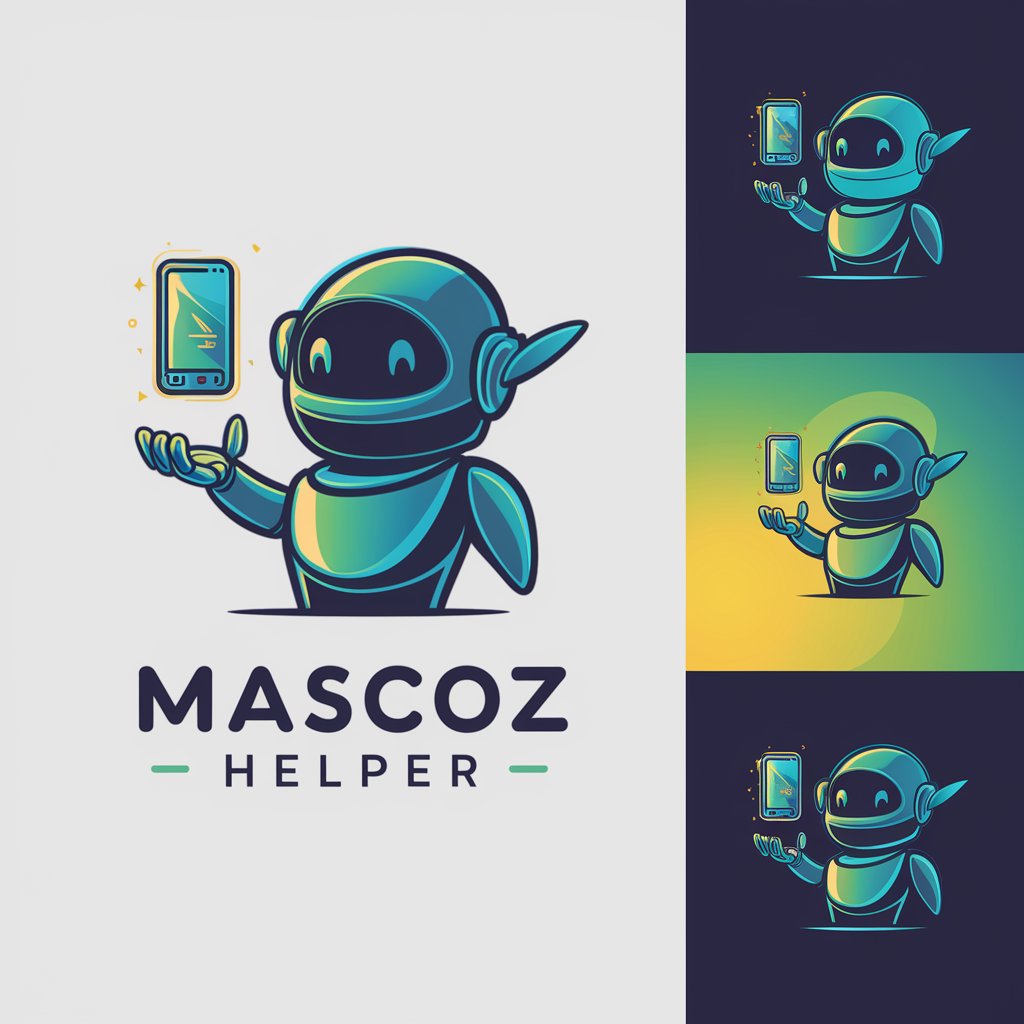
HomyHomes Powered by AI for All Inc.
Empowering Your Home Search with AI

AI工具派
Empower your creativity and productivity with AI

Frequently Asked Questions about Mayan Kin and Calendar Explorer
What is a Mayan Kin, and how can I find mine?
A Mayan Kin, often referred to as a 'Galactic Signature,' is a combination of a solar seal and a lunar tone that represents your personal energy within the Tzolkin calendar. By entering your birth date into the Mayan Kin and Calendar Explorer, you can discover your Kin and its attributes, offering insights into Mayan cosmology as it relates to you.
Can this tool help me with academic research on Mayan calendars?
Absolutely. Mayan Kin and Calendar Explorer is designed to provide deep insights into Mayan timekeeping systems, including the Tzolkin, Haab, Long Count, and Calendar Round. It's an invaluable resource for students, researchers, and academics interested in Mayan history, astronomy, and cultural studies.
What other Mayan calendars does this tool explore, besides Tzolkin?
Beyond the Tzolkin calendar, this tool explores the Haab (the 365-day solar calendar), the Long Count (a chronological calendar system that dates back to a mythical creation date), and the Calendar Round (a 52-year cycle that combines the Tzolkin and Haab). Each provides unique insights into Mayan culture and cosmology.
How can the Mayan Kin and Calendar Explorer enhance my spiritual journey?
The Mayan Kin and Calendar Explorer offers a unique way to connect with the ancient wisdom of the Mayan civilization, providing personal insights and reflections based on your Galactic Signature. It encourages a deeper understanding of Mayan beliefs in natural cycles, helping to align your life with these universal rhythms and energies.
Is this tool suitable for someone with no prior knowledge of Mayan culture?
Yes, the Mayan Kin and Calendar Explorer is designed to be accessible and informative for everyone, regardless of their prior knowledge of Mayan culture. It provides detailed explanations and interpretations of the calendars and Kins, making it an educational tool for those looking to begin or deepen their understanding of Mayan heritage.
